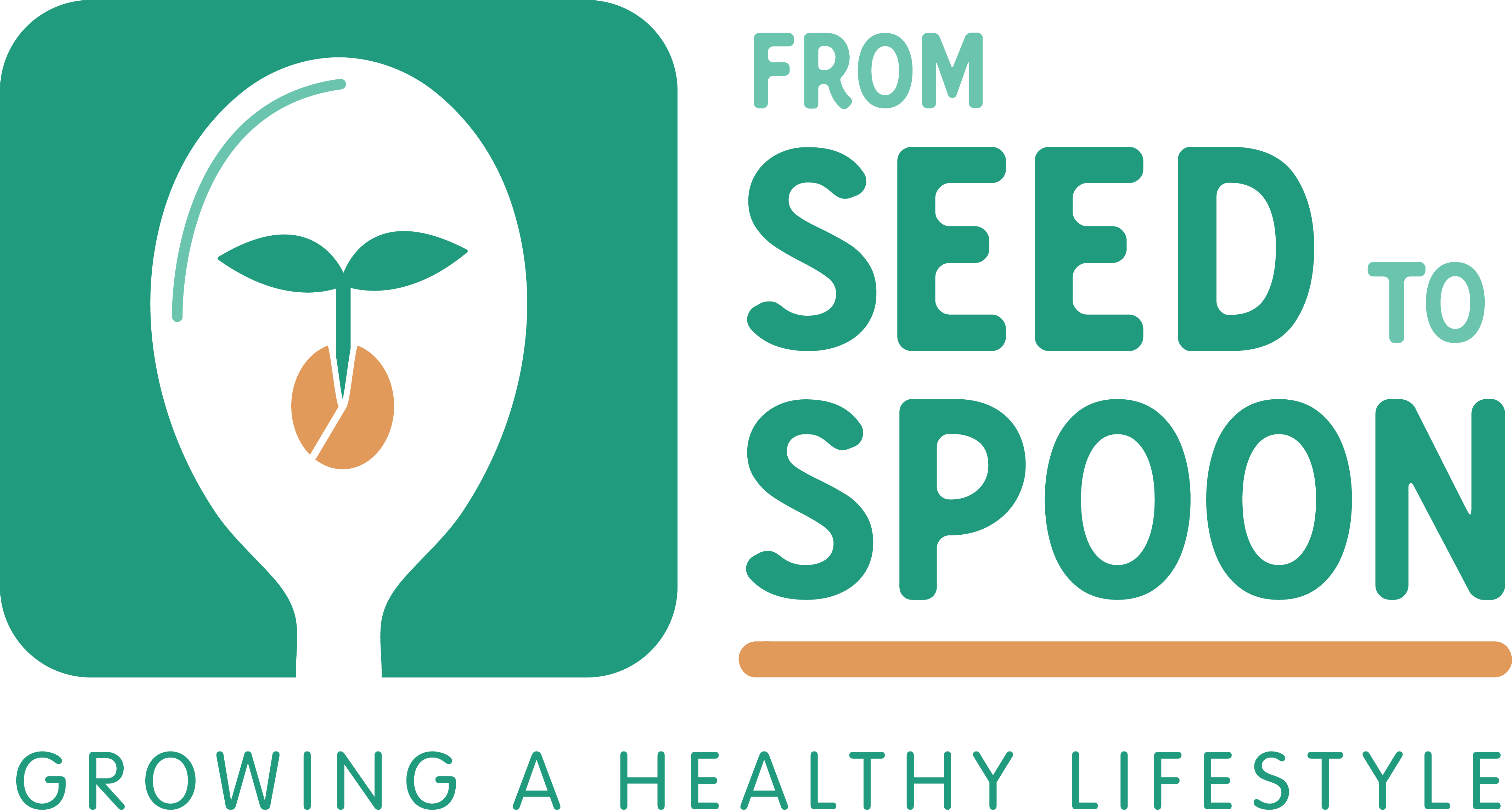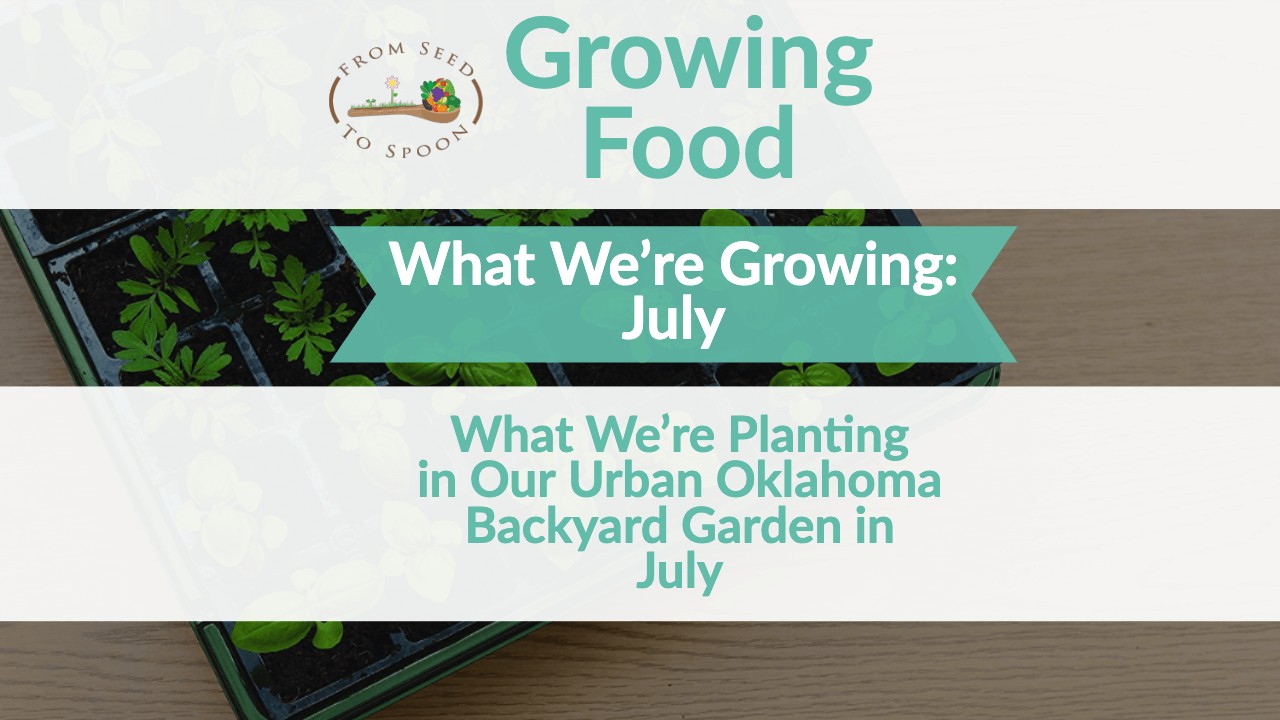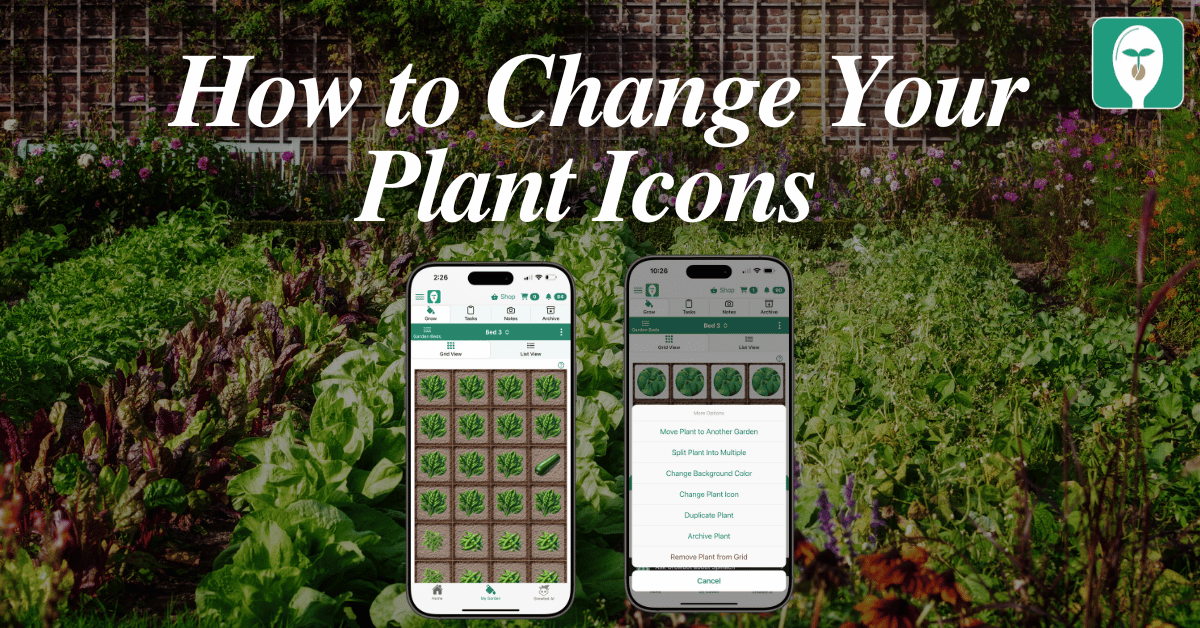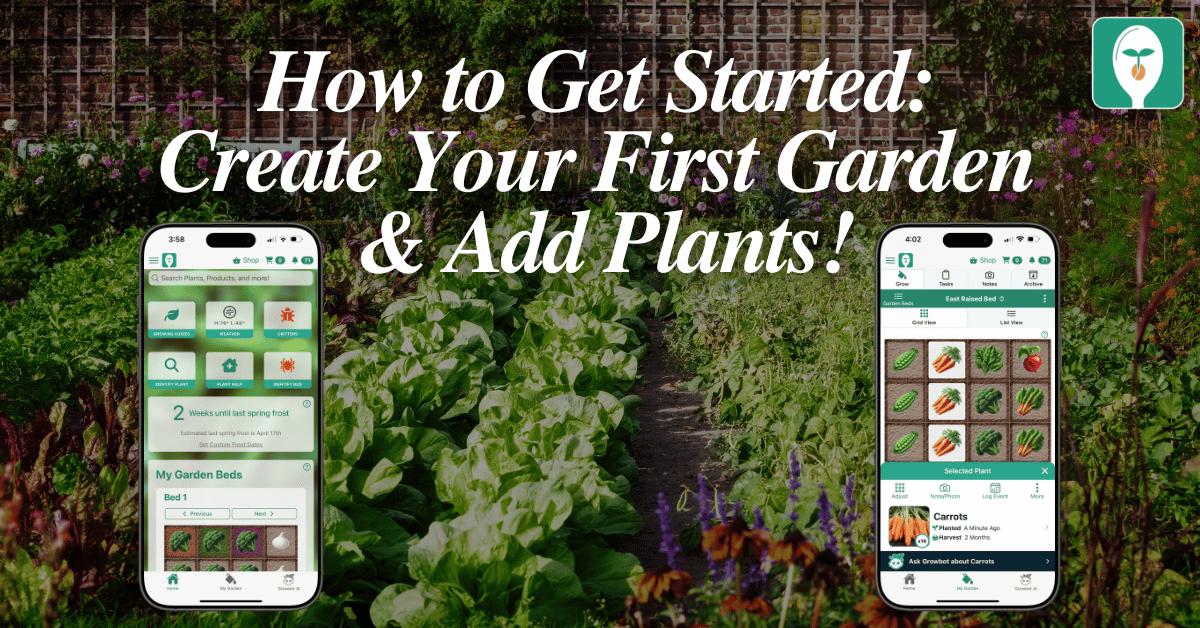July is one of your favorite months to grow food if you like salsa! Not only are the tomatoes and peppers starting to flourish, but we’ll also have more squash, beans, cucumbers, basil, and okra than we know what to do with! This is one of the many ways our app can come in handy!
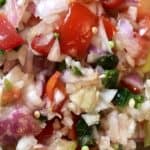
We spend a lot of time trying out every recipe we can find and adding the best ones into our app. Not to worry if you accidentally let your zucchinis grow too large! We’ve got your back on how to use these! You can tap on the “more” section within each plant to see recipes and videos for that food.
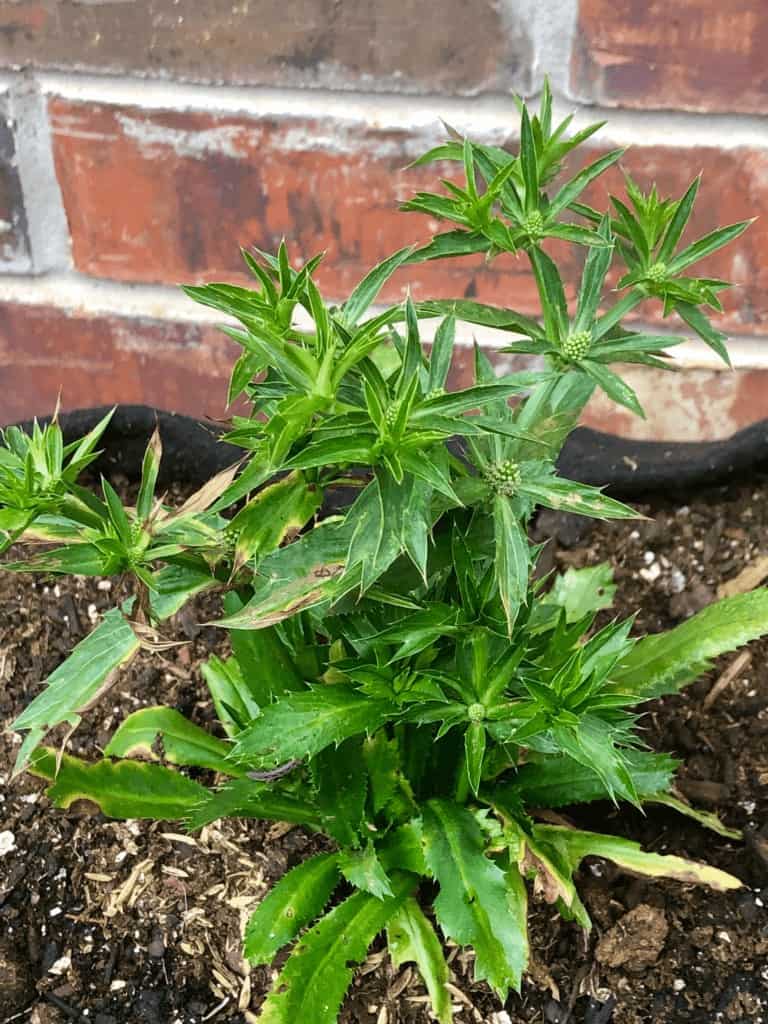
One of the problems with salsa in July is that by the time your tomatoes and peppers are ready, cilantro is long gone. Cilantro doesn’t like the heat and starts going to seed (AKA coriander) in June. However, there are a couple alternatives that do grow well here in the summer and we switch to those until it cools down again for cilantro. You can learn more about how to grow Puerto Rican cilantro and Vietnamese cilantro in our app. We’ll give you planting dates based upon where you live and make it easy to grow both of these and 100+ other fruits, vegetables, and herbs! Both of these cilantro alternatives can be difficult to find, however Prairie Wind Nursery in Norman specializes in these types of plants and always has them! They have a large selection of herbs and we love trying them all in recipes to add variety to our meals!
Pests are going to continue to be an issue throughout July. Cucumber beetles and squash bugs are particularly active and our app will walk you through how to help manage those. Mice also become a problem around this time. Cantaloupes, melons, and pumpkins may need protection or you will end up having little mouse sized bites taken out of them! We’ve had a lot of success adding dogs and cats to the mix to let them help us out with this problem. We trade the mouse for a treat and they’re happy with the arrangement! You can also buy solar noise making repellent devices and the good old fashioned mouse trap will still work as well as it always has.
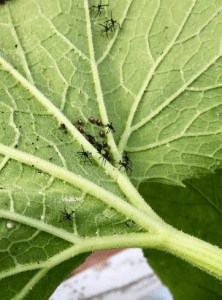
We aren’t planting much of anything in July aside from our last succession plantings of southern peas, squash, cucumbers, and okra. At the end of the month we will start seeds indoors for broccoli and cabbage. This will give them a head start away from the heat and be further along in September when we plant those outside.
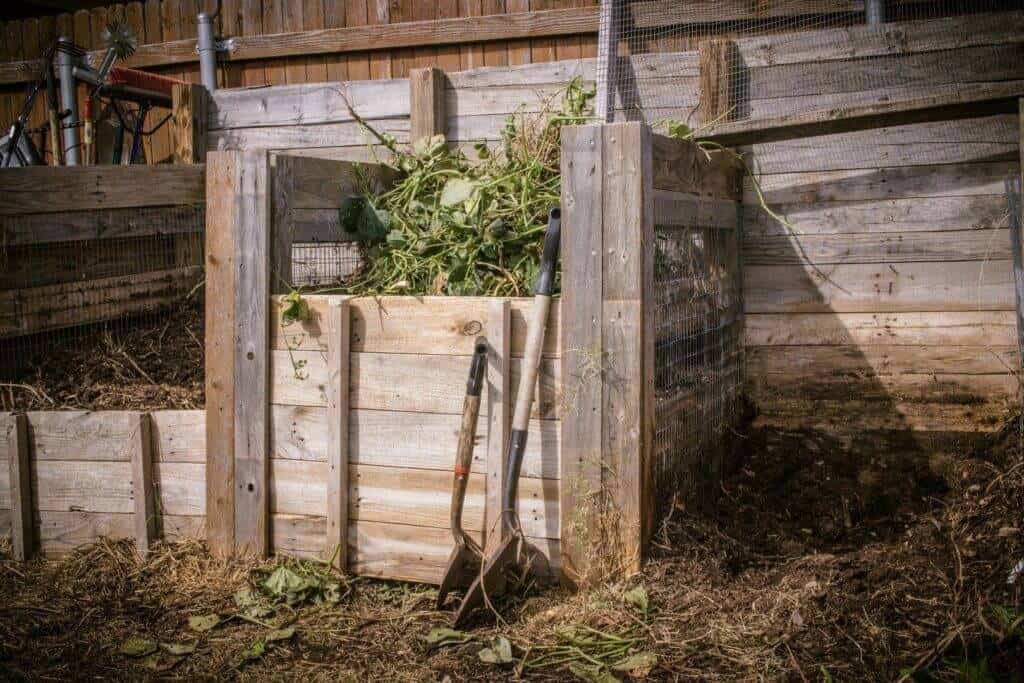
July is also a prime time for making compost! We use all of the abundant plant material from our garden combined with rabbit manure and bedding, wood chips, coffee grounds, and other organic materials. Search for compost on our YouTube channel for videos on how we save money and have healthier plants by making our own compost.
Follow us on Facebook, Instagram, Twitter, and Pinterest to see daily updates from our Moore, Oklahoma urban homestead. You can also sign up for our email list @ seedtospoon.net/signup to hear about exclusive giveaways, garden tours, and other exciting stuff!
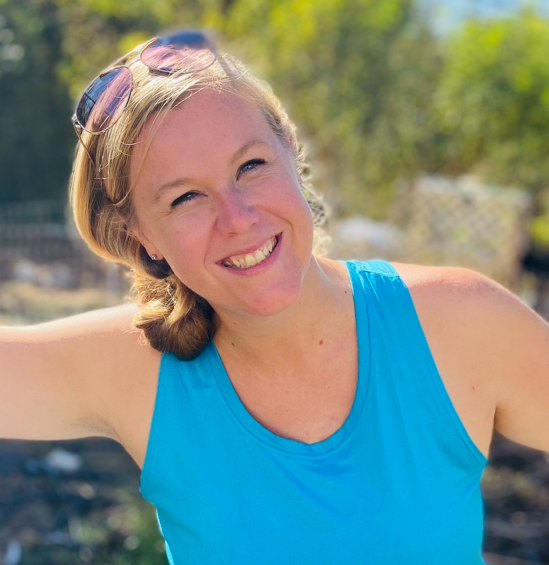
Carrie Spoonemore, co-founder of “From Seed to Spoon,” stands as a beacon of inspiration for gardeners and health enthusiasts alike. Her journey alongside her husband, Dale Spoonemore, in creating a platform that demystifies gardening and promotes a healthier lifestyle, has made a significant impact on individuals around the globe. Through the “From Seed to Spoon” app, Carrie has dedicated herself to empowering people to take control of their health and environment by growing their own food.
With a profound belief in the power of gardening to improve mental and physical health, Carrie’s contributions to the Seed to Spoon blog reflect her holistic approach to wellness. Her articles often focus on the nutritional benefits of homegrown fruits and vegetables, organic gardening practices, and the mental health benefits of spending time in nature. Carrie’s expertise in health science shines through in her detailed discussions on how specific plants can contribute to a balanced diet and overall well-being.
Carrie’s passion for gardening is deeply intertwined with her commitment to family and community wellness. She frequently shares personal stories of how gardening has brought her family closer together, offering practical tips for involving children in gardening activities and making it a fun, educational experience. Her writing encourages families to explore gardening as a means of spending quality time together while learning about nature and sustainability.
In addition to gardening advice, Carrie’s contributions to the blog include insights into the use of technology to enhance the gardening experience. She has played a crucial role in designing the “From Seed to Spoon” app to be user-friendly, ensuring that users of all ages and backgrounds can navigate the complexities of gardening with ease. Her vision for the app is not just as a gardening tool but as a vehicle for change, inspiring individuals to adopt a more sustainable lifestyle by growing their own food.
Carrie Spoonemore’s presence on the blog is marked by her compassionate approach to teaching and her unwavering belief in the transformative power of gardening. Her work continues to inspire a community of gardeners to pursue a healthier, more sustainable way of living, proving that with the right tools and knowledge, anyone can become a gardener and advocate for their health and the planet.
